Prime Minister Narendra Modi and Home Minister Amit Shah are revitalizing India’s cooperative movement by integrating it into the national development agenda. Modi emphasizes "Sahkar se Samriddhi" (prosperity through cooperation), launching initiatives like the Ministry of Cooperation to streamline policy and governance. Shah, as its head, focuses on modernizing cooperatives with technology and expanding their role in agriculture, finance, and rural development. Landmark schemes include setting up 2 lakh multipurpose PACS and promoting startups in the cooperative sector. Their vision aims to empower rural economies, reduce inequality, and make India a global leader in the cooperative ecosystem.
Today, the World Cooperation Economic Forum (WCoopEF) hosted a landmark side event during the Global Conference of the International Cooperative Alliance (ICA) in India. Chaired by Shri Dileepbhai Sanghani, President of the National Cooperative Union of India (NCUI), and co-chaired by Shri Satish Marathe, Member of the Reserve Bank of India’s Central Board & Prashant Tewari, India's prominent public policy expert, the event brought together over 100 participants from 16 nationalities, including policymakers, cooperative leaders, and economic experts.
Moderated by Binod Anand, Executive President of the World Co-op Forum, the session focused on the cooperative movement's role in fostering international collaboration, achieving sustainable development, and addressing critical global challenges such as inequality, climate change, and financial inclusion.
The event highlighted the significance of the United Nations’ upcoming International Year of Cooperatives in 2025, a recognition of the vital role cooperatives play in promoting inclusive development and reducing inequalities globally. Speakers underscored that this designation offers a unique opportunity to amplify cooperative efforts in achieving sustainable development goals (SDGs).
Binod Anand emphasized the pivotal role of WCoopEF in advancing the Indian model of cooperative economic frameworks, which blend inclusivity and innovation. This model has proven to be a powerful tool in reducing inequality and empowering marginalized communities, showcasing a blueprint for global adoption. Anand further reiterated WCoopEF's commitment to creating a sustainable financial system rooted in "G-local" principles—balancing global insights with localized solutions.
Key Highlights and Contributions
Shri Dileep Sanghani stressed the importance of cross-border cooperation among cooperatives to build a resilient and equitable global economy, while Shri Satish Marathe outlined the transformative impact of financial cooperatives in reducing economic disparities.
A presentation by Meenesh Shah, Chairman of the National Dairy Development Board, focused on the role of bioenergy in meeting Hon’ble Prime Minister Shri Narendra Modi's Net Zero Emission pledge, aligning environmental sustainability with cooperative growth.
Prominent speakers, including Dr. Rakesh Arrawatia (Professor, IRMA, and founder member of WCoopEF), R.G. Agrawal of Dhanuka Group, Shri Prashant Tewari ( Editor-in-Chief Opinion Express & The Pioneer), Dr. Hema Yadav (Director, VAMNICOM), and Dr. K.K. Tripathy (Indian Economic Service), contributed rich insights into advancing the cooperative agenda. The forum also featured inputs from the President of the World Cooperation Economic Forum Youth Wing, K. Rao of NAFSCOB, and cooperative stalwarts like Bheema Subramanyam, and Dr. Mallika Kumar. Representatives from the All India Agricultural Students Association, alongside ministers and diplomats from various countries, added global perspectives to the discussions.
The forum also featured inputs from the President of the World Cooperation Economic Forum Youth Wing, K. Rao of NAFSCOB, and cooperative stalwarts like Bheema Subramanyam and Dr. Mallika Kumar. Representatives from the All India Agricultural Students Association, alongside ministers and diplomats from various countries, added global perspectives to the discussions.
Moving Forward
The event concluded with a shared commitment to leveraging the International Year of Cooperatives to strengthen cooperative networks, enhance capacity-building initiatives, and foster innovation to address evolving global challenges. The forum underscored that India's cooperative model could serve as a global template for reducing inequalities, empowering communities, and promoting peace through economic inclusivity.
The forum concluded with a shared commitment to utilizing the International Year of Cooperatives in 2025 as a platform to:
- Strengthen Cooperative Networks: Foster deeper collaboration among international cooperatives.
- Enhance Capacity Building: Implement training and education programs for cooperative leaders and members.
- Foster Innovation: Encourage the adoption of advanced technologies in key sectors like agriculture, energy, and finance.
The event underscored the Indian cooperative model as a potential global template for addressing inequality, promoting community empowerment, and achieving sustainable development. Participants reiterated their belief in the transformative power of cooperatives to unite nations and communities in creating a more inclusive and prosperous future.
As the forum concluded, the resolve to advance cooperative ideals on a global scale remained stronger than ever, signaling a bright path ahead for the movement.








 OpinionExpress.In
OpinionExpress.In
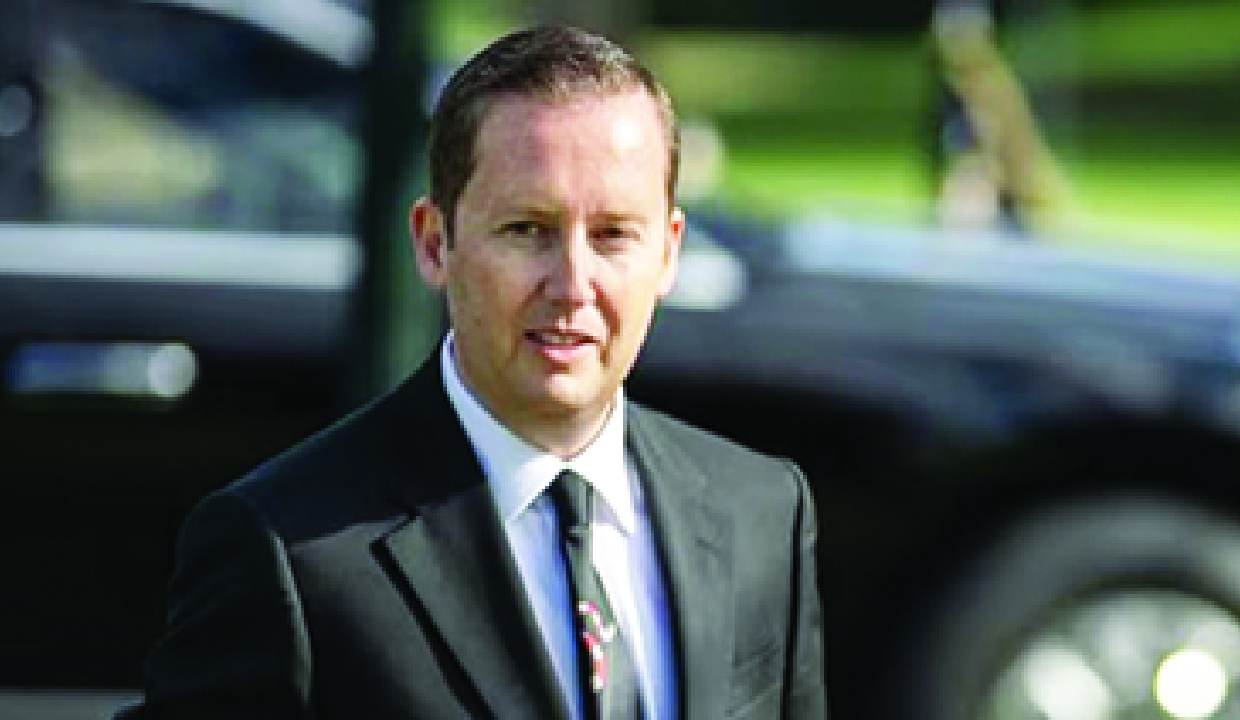
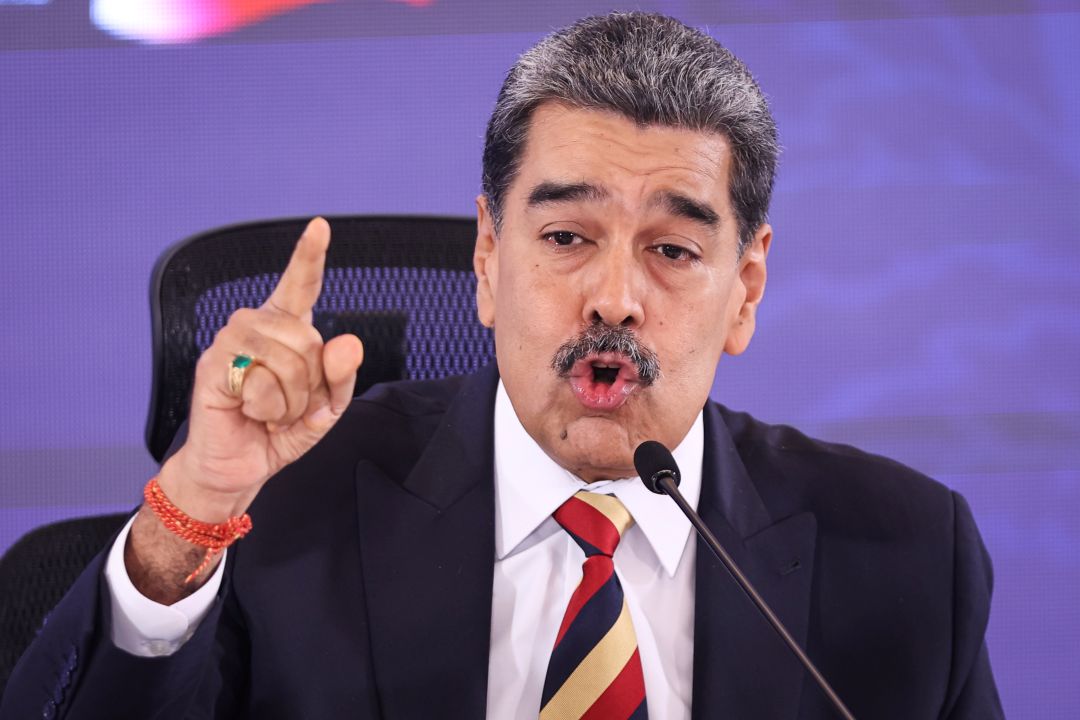

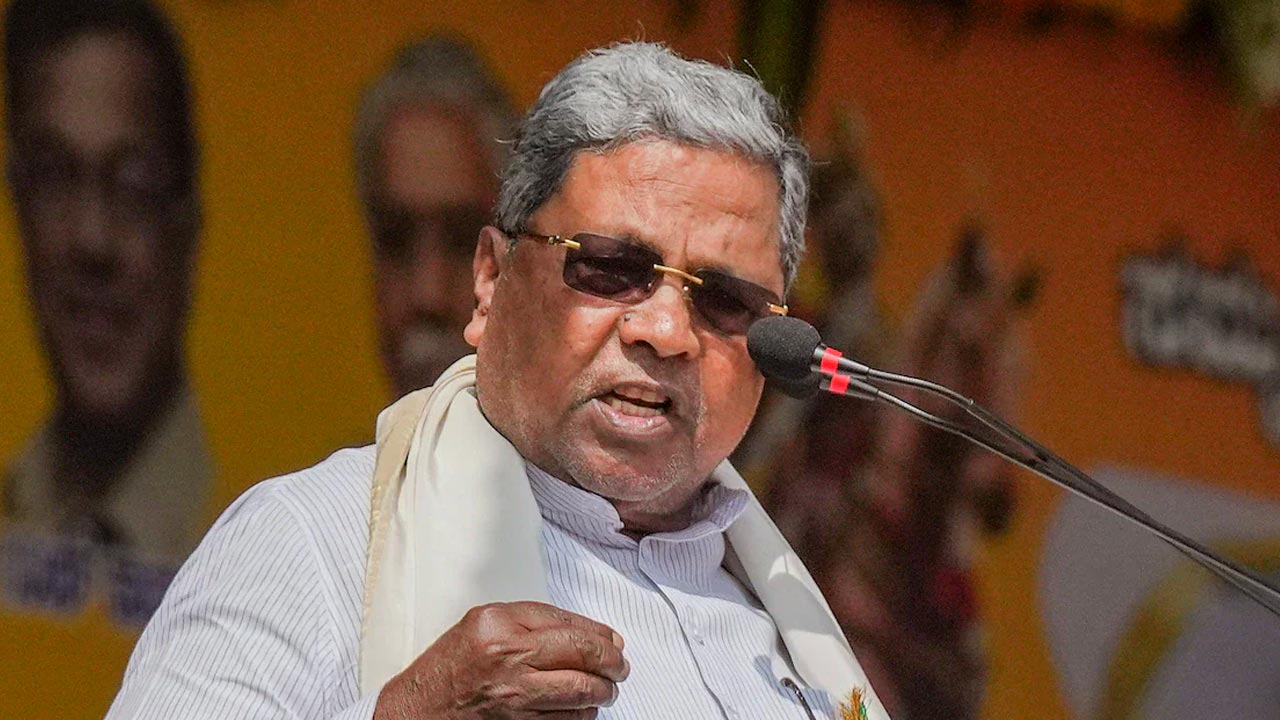
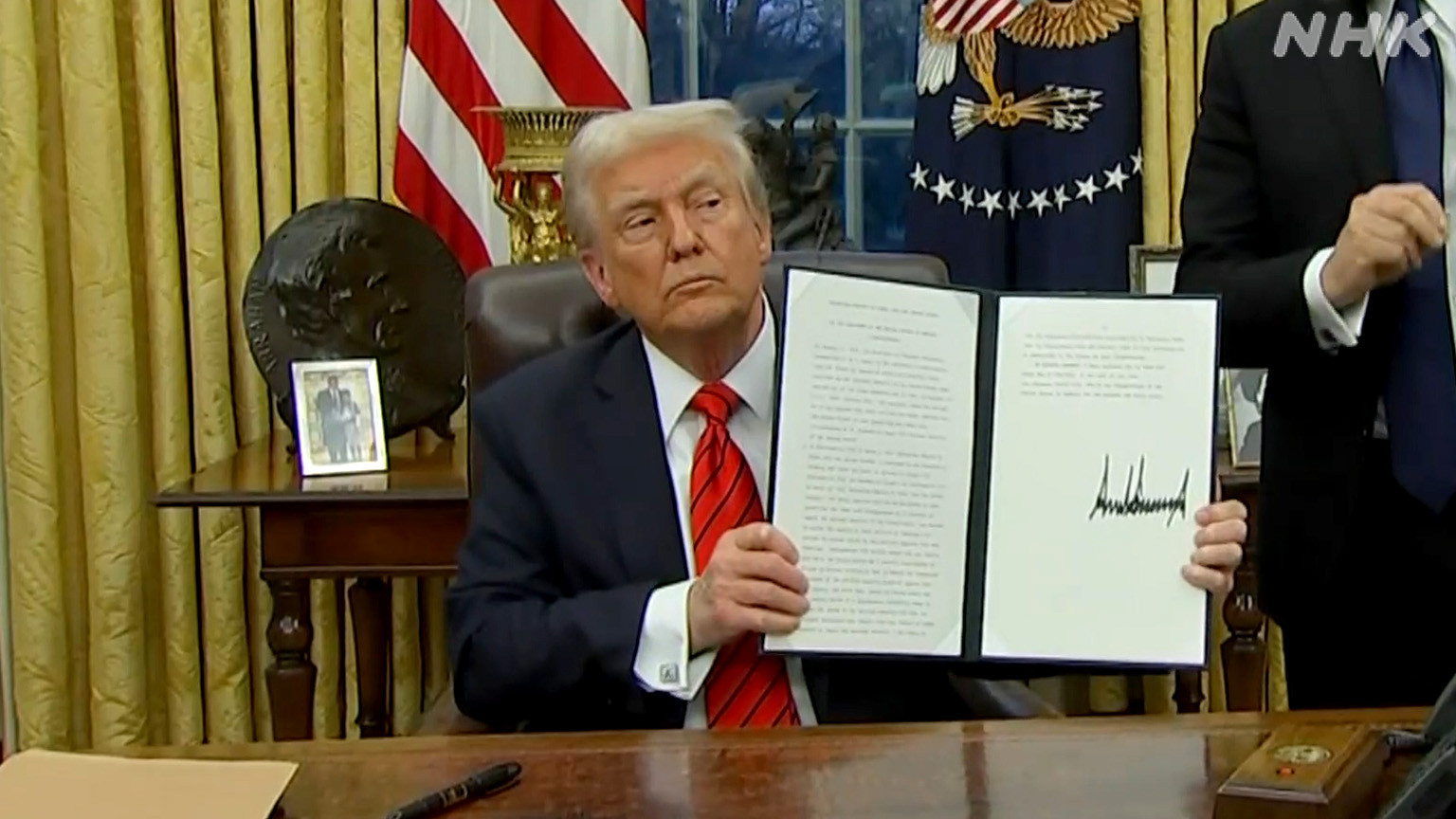
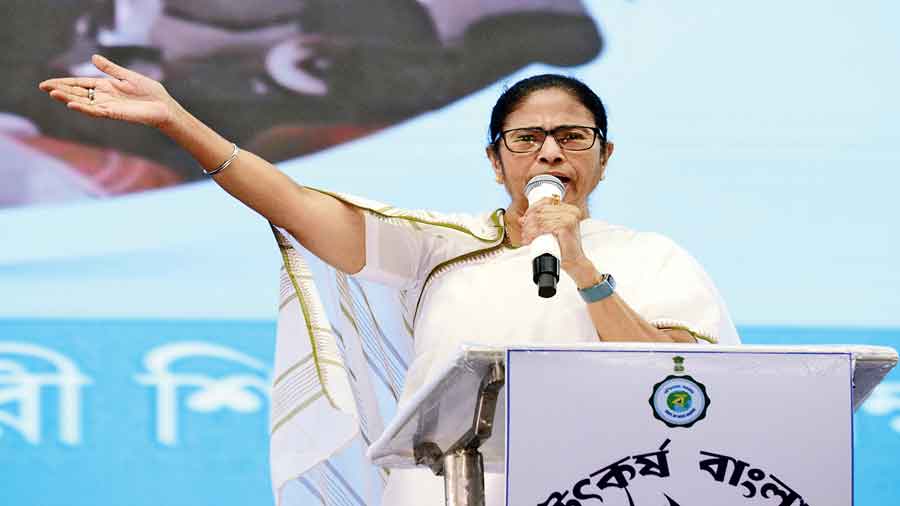
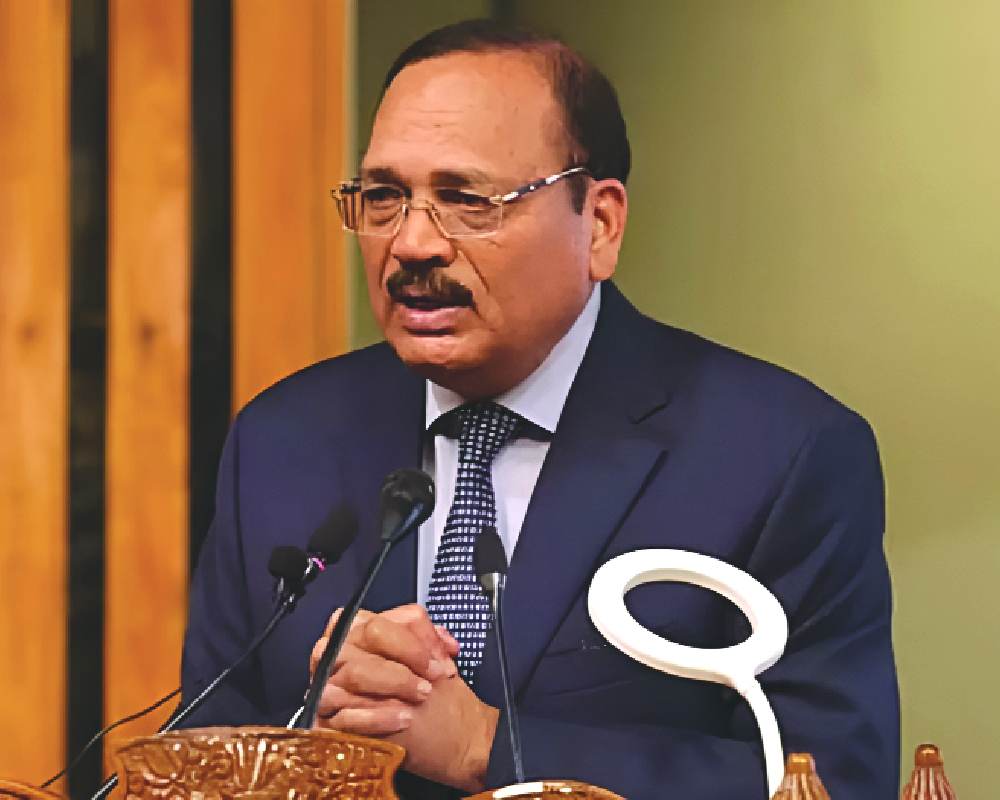
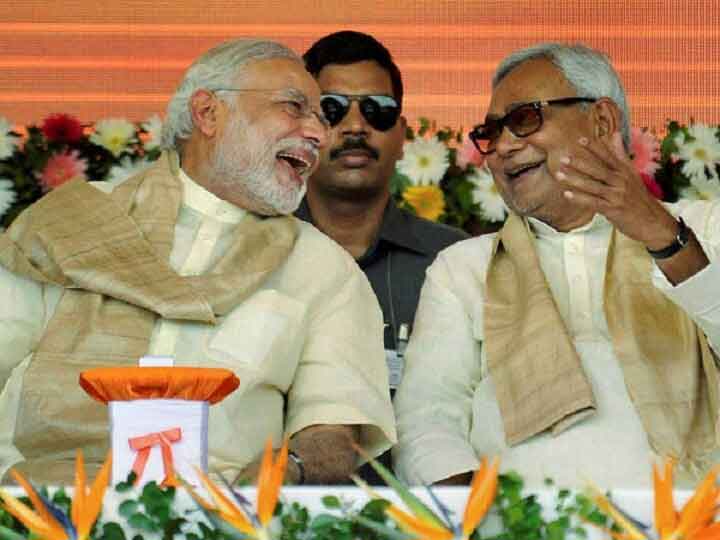
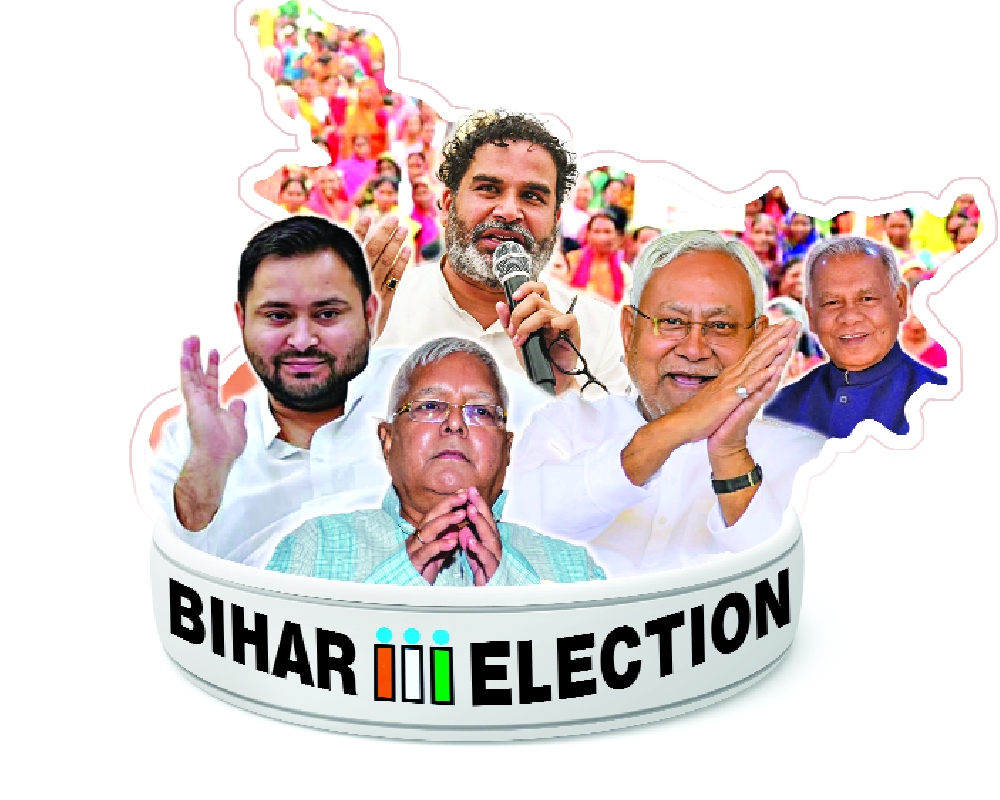






Comments (0)